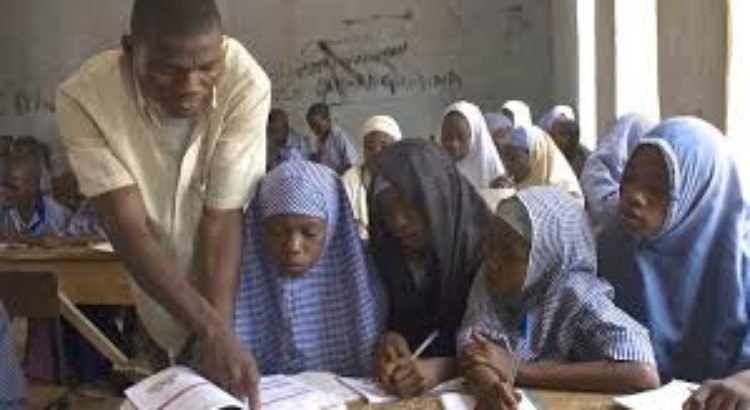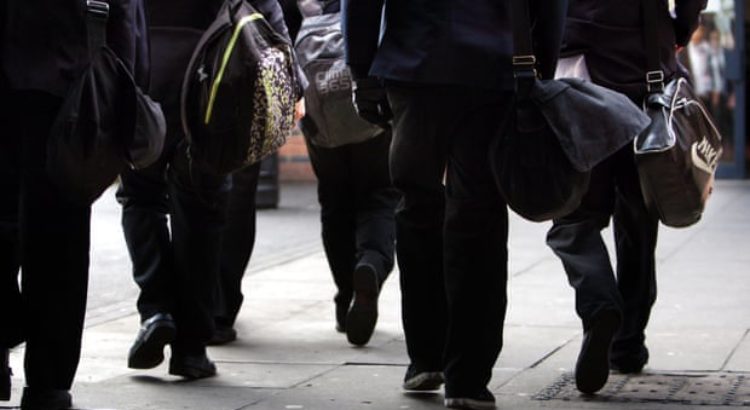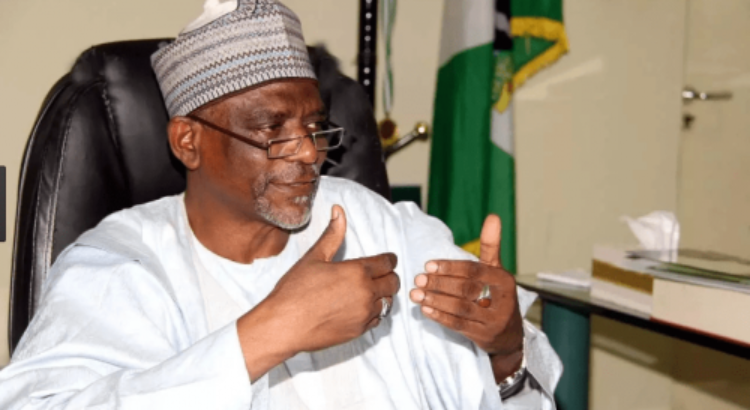Por: Zeus Naya*/Prensa Latina
Historias como la de Matthew, Shaida, Wafa o Abdelkarim marcan cada día al mundo del siglo XXI, con diferentes pronunciamientos en función de protegerlos, liberarlos o reincorporarlos a una vida normal, pero sin la sombra de alguna fórmula precisa para detener a los señores de las guerras.
A mí no me mandan a las misiones, me ponen a lavar ropa, recoger cosas y a vigilar. Un día estaba de guardia y vi a un hombre. Le disparé y él levantó los brazos. Lo llevé ante el comandante y este dijo que era un ladrón, así que le cortó los dedos de una mano’, cuenta en Nigeria el primero, con su gorra camuflaje a través de la cual asoman sus ojos infantiles.
La camerunesa Shaida, por su parte, con apenas 15 años califica de lo peor el amanecer en el que se vio desnuda junto a su pequeña hermana Shaida y, ante la insistencia de ellas, un jefe confesó la droga empleada para evitarles el agotamiento de ‘tanto uso’.
Actualmente un número considerable de menores son explotados como esclavos sexuales, domésticos, utilizados de mensajeros, guardaespaldas, detectores de minas, cargadores, cocineros e incluso fabricantes de bombas, forzados a casarse, robar en las entidades locales, plantar explosivos o efectuar ataques suicidas.
Muchos de estos menores fueron secuestrados; a otros, la pobreza, la inseguridad, la falta de educación, la injusticia personal o comunitaria, la presión de la sociedad o el deseo de vengarse les impulsan a unirse a grupos armados.
DIA MUNDIAL CONTRA LA UTILIZACIÃ’N DE NIÑOS SOLDADOS
Desde su sede en Londres, Reino Unido, Child Soldiers International reveló en un informe reciente que el reclutamiento de niños soldados en el mundo experimentó un aumento del 159 por ciento entre 2012 y 2017.
Según esta organización no gubernamental dedicada a prevenir el fenómeno, mientras en el primer año se contabilizaron tres mil 159 casos en 12 países, en el último se produjeron ocho mil 185 en 17. En el caso de las niñas, en 2017 se registraron 893, cuatro veces más que los 216 de 2012.
A consecuencia de su empleo en labores de apoyo, según Child Soldiers International, las pequeñas suelen quedar fuera de las estadísticas oficiales y pasan desapercibidas para las estructuras de protección, de ahí que se sospeche la cifra podría ser mayor.
Las luchas abiertas en Oriente Próximo, Somalia, Sudán del Sur, República Democrática del Congo, República Centroafricana y otros lugares ‘están dejando a los pequeños cada vez más expuestos al reclutamiento’, denunció la entidad.
Por iniciativa de la Organización de Naciones Unidas (ONU) desde 1998 se instauró el 12 de febrero como jornada internacional contra la utilización de niños soldados, también llamada a partir de 2002 Día de las Manos Rojas, en referencia al símbolo propuesto para denunciar esta práctica.
MÁS ALLÁ DE ESE DÍA
El afgano Abdelkarim, de 16 años, pasó un lustro en plena guerra y asegura vio cosas espantosas: ‘la explosión de un coche bomba frente a mi antigua escuela, allí varios familiares en el suelo y, tras esas muertes, busqué cada día la forma para escaparme, hasta que conseguí llegar al centro de tránsito’.
La representante especial de la ONU para la cuestión de los niños y los conflictos armados, Virginia Gamba, estima importante entender que la reintegración es un proceso y si no se hace debidamente puede convertirse en un círculo vicioso donde puede haber re-reclutamiento de menores de forma voluntaria.
Gamba advierte que ‘estos niños experimentan unos niveles de violencia tan horribles que probablemente tendrán consecuencias dramáticas, tanto físicas como psicológicas, en los adultos en los que se convertirán y es nuestra obligación mostrarles que hay esperanza (…), que pueden vivir en paz y vivir sus sueños’.
El secretario general de la ONU, Antonio Guterres, en una de sus últimas exposiciones sobre el asunto aseguró estar ‘más convencido que nunca de que la organización y los Estados miembros deben seguir dando máxima prioridad a la protección de los pequeños afectados por conflictos armados’.
Su difícil situación debe ser la causa primordial para no empezar un conflicto y para acabarlo, remarcó en 2018; mientras, el pasado Día de las Manos Rojas desde el Vaticano el Papa Francisco llamó a detener esta plaga que, dijo, involucra a cerca de 240 millones de menores en zonas de conflicto.
De acuerdo con el Fondo de Naciones Unidas para la Infancia, unos 300 mil niños soldados participan en más de 30 guerras en todo el planeta, desde Iraq, Israel/Estado de Palestina, Siria, Chad, Uganda, Yemen, Benín, Níger hasta Myanmar.
Ante tales historias, números, reclamos, los magnates de la industria guerrista debieran detenerse; sin embargo, esta realidad les sobrepasa cuando saben bien que sus políticas solo agravan el problema, causan más desastre y víctimas.
Distintos expertos abogan por propuestas de paz, piden suspender la venta de armas, instan a los medios a una información responsable y exigen control en las redes sociales para que no inciten a la violencia.
La complejidad del fenómeno requiere una acción global coordinada, planes de desarrollo para las regiones afectadas, establecer corredores humanitarios como salida del teatro de operaciones, ayudar a crear entornos protectores para los infantes, entre otras.
A la altura del siglo XXI, los menores merecen una infancia digna y propia de su edad, que todos, cada día, sean niños, no soldados.
*Periodista de la Redacción Europa de Prensa Latina
*Fuente: https://www.prensa-latina.cu/index.php?o=rn&id=263376&SEO=ninos-soldados-triste-realidad-de-cada-dia-video













 Users Today : 82
Users Today : 82 Total Users : 35460099
Total Users : 35460099 Views Today : 102
Views Today : 102 Total views : 3418733
Total views : 3418733